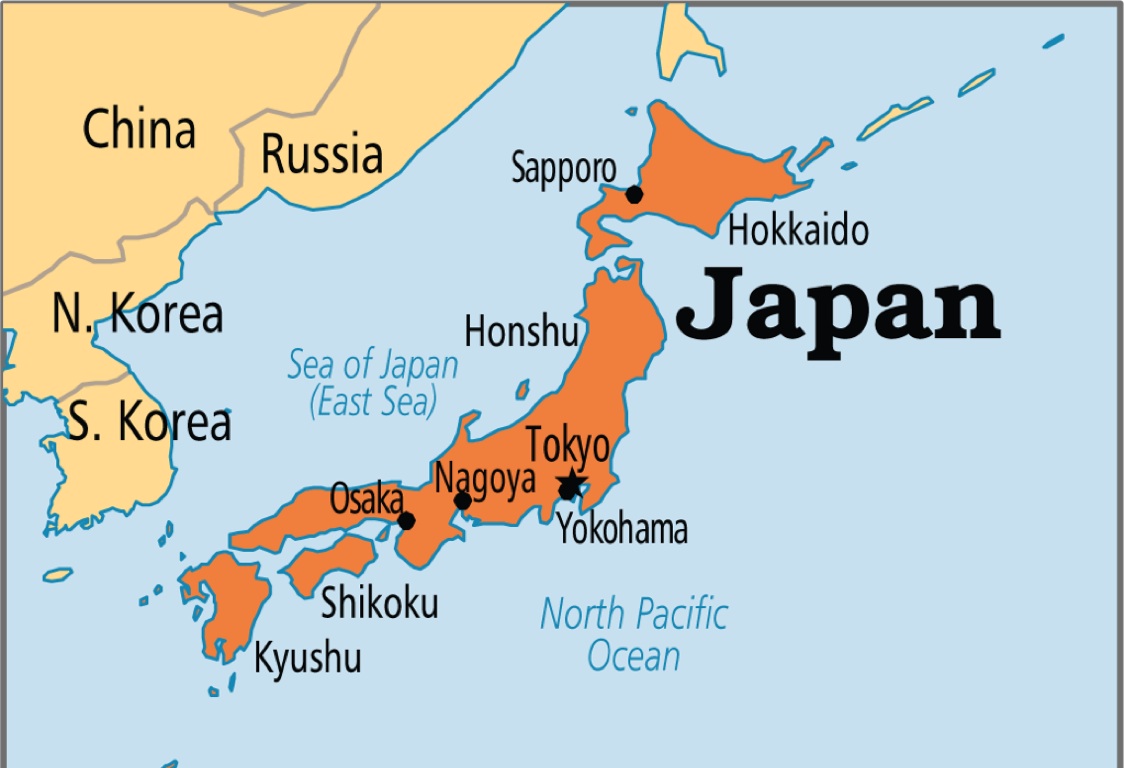International Relations
Zen Garden - Kaizen Academy
- 30 Jun 2021
- 5 min read
Why in News
Recently, Indian Prime MInister virtually inaugurated a Japanese ‘Zen Garden - Kaizen Academy’ at the Ahmedabad Management Association (AMA) in Gujarat.
Key Points
- About:
- It is a joint endeavour of the Japan Information and Study Centre at the AMA and the Indo-Japan Friendship Association (IJFA), Gujarat. It is supported by the Hyogo International Association (HIA) Japan.
- It has traditional Japanese elements such as Red Bridge Guzei, Shoji Interior, Glory of Tori, a 3D art mural, fusion Chabutaro, Taki waterfall, Tsukubai basin and Kimono scroll.
- It will propagate Japan’s work culture in India and increase business interactions between Japan and India.
- Zen is a Japanese school of Mahayana Buddhism emphasizing the value of meditation and intuition rather than ritual worship or study of scriptures. Zen in Japan is meditation in India.
- Kaizen translates to 'change for the better' or 'continuous improvement'. Kaizen is a Japanese business philosophy that focuses on gradually improving productivity by involving all employees and by making the work environment more efficient.
- India-Japan Friendship:

- Highlights of Recent Telephonic Conversation between the Prime Ministers of India and and Japan:
- To overcome challenges posed by the pandemic, there is a need to work together to create resilient, diversified and trustworthy supply chains, ensure reliable supply of critical materials and technologies, and develop new partnerships in manufacturing and skill development.
- Confirmed the importance of Japan-India bilateral and multilateral cooperation, including Japan-Australia-India-US quadrilateral cooperation, towards realising a free and open Indo-Pacific.
- Possible Cooperation in areas like 5G, submarine cables, strengthening of industrial competitiveness and development projects in the northeastern state.
- Other Recent Developments Between India and Japan:
- Recently, India, Japan and Australia have formally launched the Supply Chain Resilience Initiative (SCRI) in a move to counter China’s dominance of the supply chain in the Indo-Pacific region.
- Japan has finalised loans and a grant totalling around 233 billion yen for several key infrastructure projects in India, including for a project in the Andaman and Nicobar islands.
- In 2020, India and Japan signed a logistics agreement that will allow armed forces of both sides to coordinate closely in services and supplies. The agreement is known as the Acquisition and Cross-Servicing Agreement (ACSA).
- In 2014, India and Japan upgraded their relationship to 'Special Strategic and Global Partnership'.
- The India-Japan Comprehensive Economic Partnership Agreement (CEPA) that came into force in August 2011 covers trade in goods, services, movement of natural persons, investments, Intellectual Property Rights, custom procedures and other trade related issues.
- Defence Exercises:
- India and Japan defence forces organize a series of bilateral exercises namely, JIMEX (naval), SHINYUU Maitri (Air Force), and Dharma Guardian (Army). Both countries also participate in Malabar exercise (Naval Exercise) with the USA.
- Highlights of Recent Telephonic Conversation between the Prime Ministers of India and and Japan:
Way Forward
- Apart from taking assistance from Japan, India should also think about how Indian components could reach Japan, and how they can be rewarded dividends in Japan: the notion of the Aatmanirbhar Bharat also needs to be promoted.
- India needs to look into the matter of post covid ties too, ensure good relations with the other parts of the world so as to emerge from the losses and also in order to restrain Chinese influence in the areas of maritime.
- With the help of Japan, India can pave its way to the permanent membership of the UN Security Council.




